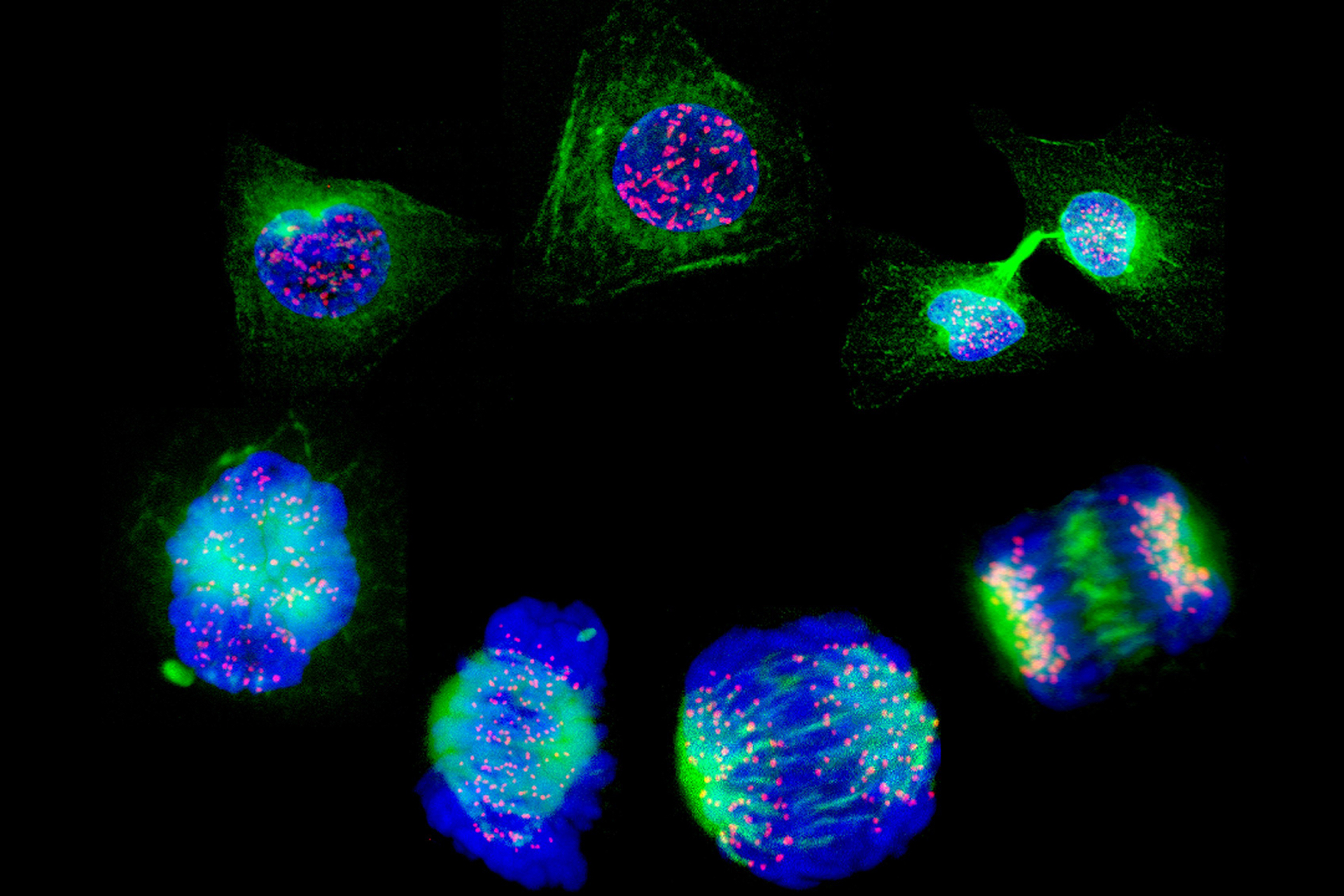It is five years since the Second International Summit on Human Genome Editing. There, the birth of two genome-edited twins was announced by Dr He Jiankui to resounding shock across the scientific community (see BioNews 1029).
Dr He was sentenced to a three-year prison sentence for using CRISPR to edit the genomes of three children in order, he claimed, to make them immune to HIV. Using the CRISPR/Cas9 approach, which allows scientists to splice out specific DNA sequences from a genome, Dr He turned their CCR5 gene into a mutant form believing this approach could be used to help end the HIV epidemic.
Now, Dr He speaks with the South China Morning Post and claims that the children are living happily with their parents. 'They have a normal, peaceful and undisturbed life. This is their wish and we should respect them'.
He hopes that the children are not disturbed too much for the purpose of scientific research, adding that 'the happiness of the children and their families should come first'.
Nature reported on 12 February that Dr He had appeared at an event on CRISPR hosted by the University of Kent Centre for Global Science and Epistemic Justice, but refused to discuss his previous work.
'This meeting has been very disappointing, notably the failure of He Jiankui to answer any questions,' said Professor Robin Lovell-Badge, head of the laboratory of stem cell biology and developmental genetics at the Francis Crick Institute Francis Crick Institute in London, and Progress Educational Trust chair of trustees.


